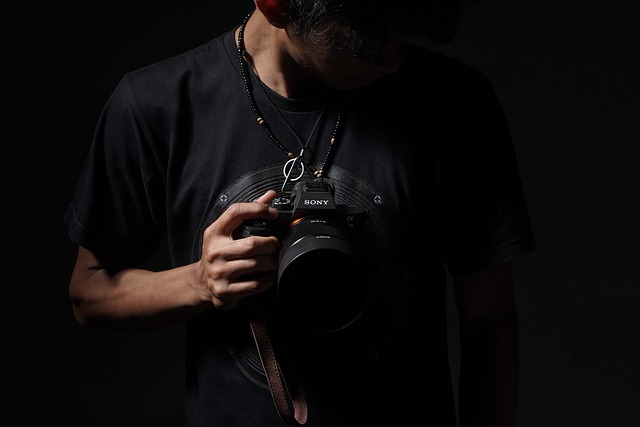In today’s visually driven world, the importance of a photographer’s responsibility cannot be overstated. Behind every captivating image lies not just technical skill, but a profound ethical obligation. The camera, an extension of one’s perspective, captures moments that tell stories, evoke emotions, and sometimes spark change. Thus, a photographer must wield their lens with intention and care.
Photography is more than merely a process of clicking a button; it’s about understanding the weight of each frame. The photographer’s responsibility extends to how they represent their subjects, scenes, and even the environment. A well-composed photo tells a story, but it also mirrors the photographer’s vision, values, and awareness of the impact their work may bear.
With every snapshot, from vibrant street life to serene landscapes, photographers must consider the optics of their choices. What narratives do their images convey? Are they capturing the authenticity of a moment, or are they manipulating perspectives to fit a preconceived notion? Photography has the power to shape perceptions, and with this power comes the responsibility to portray subjects with dignity and truth.
The tools of the trade—camera, light, and editing software—empower photographers to express their unique vision. Yet, the photographer’s responsibility lies not just in the technical execution of their craft, but in their duty to their audience. Misleading images can lead to misunderstanding or misrepresentation. Therefore, photographers are charged with the ethical responsibility to capture reality, not just to create eye-catching visuals.
Moreover, in a time where social media saturates our feeds with imagery, the challenge for photographers becomes even more pronounced. The risk of commodifying art in the sheer volume of content can dilute its essence. It is vital for photographers to remain grounded in their responsibility to engage with their art meaningfully, ensuring that their contributions to the noise are of substance and integrity.
Ultimately, being a photographer means being a storyteller, a custodian of culture, and a voice for the voiceless. It is about creating connections through images while fostering understanding and advocacy. With great power comes great responsibility; recognizing this truth is at the heart of every great photographer’s journey. Thus, as you look through your camera’s lens, remember the stories waiting to be told and the responsibility you carry to tell them well.




